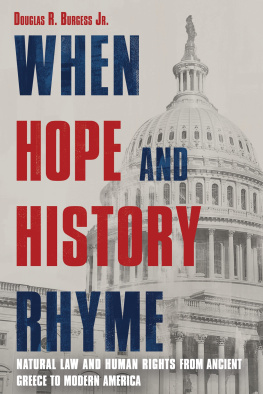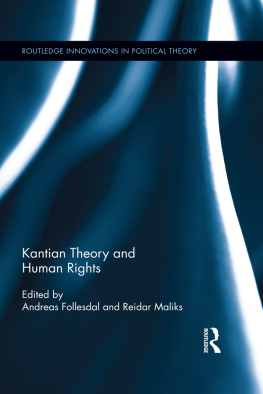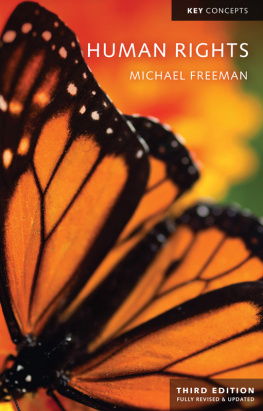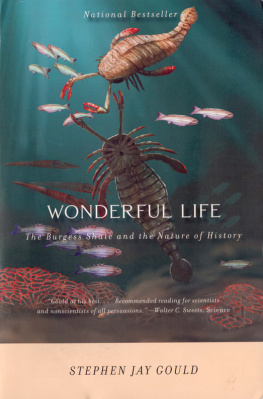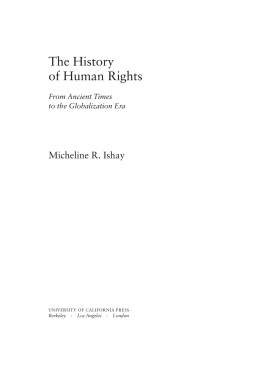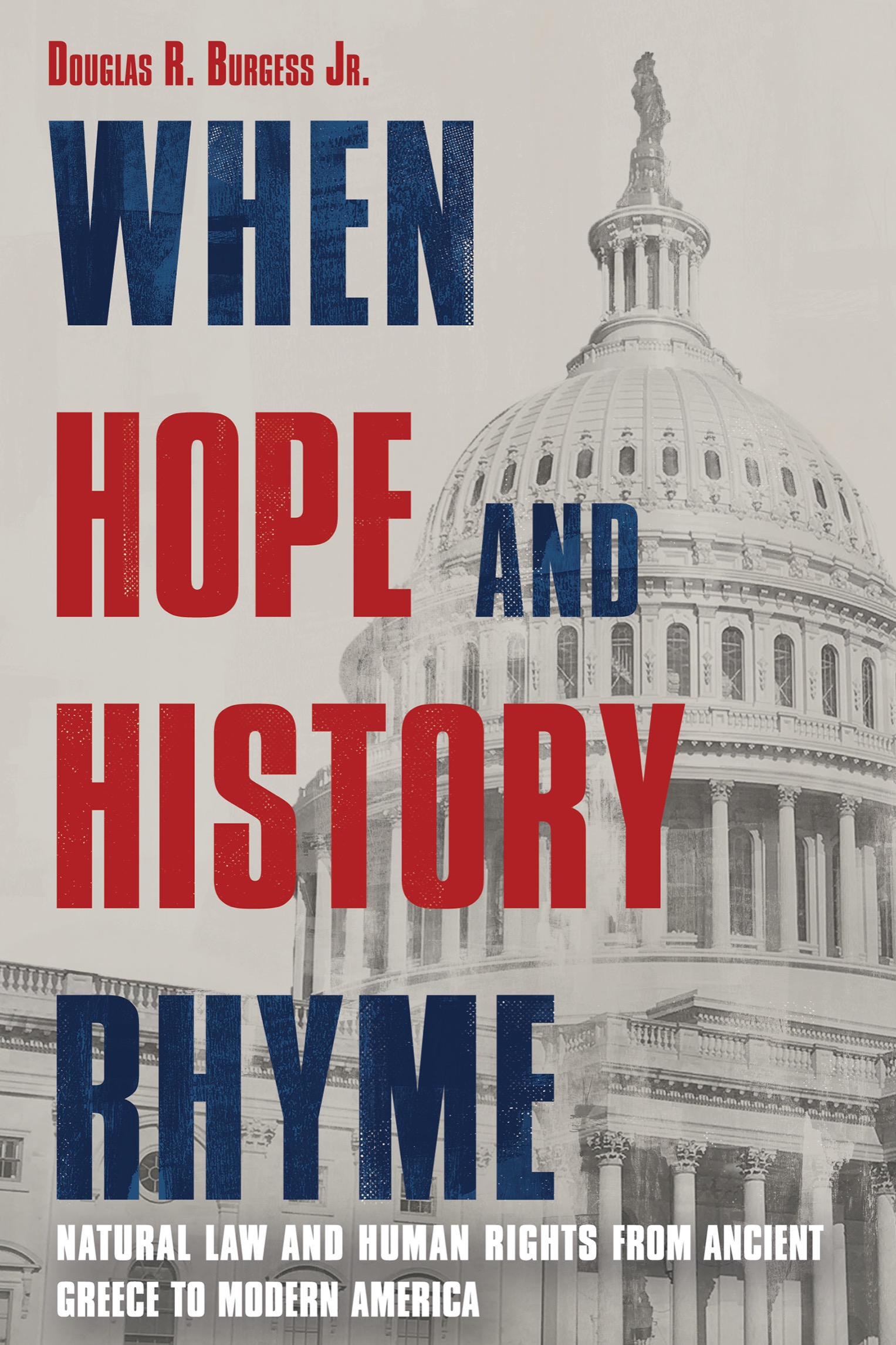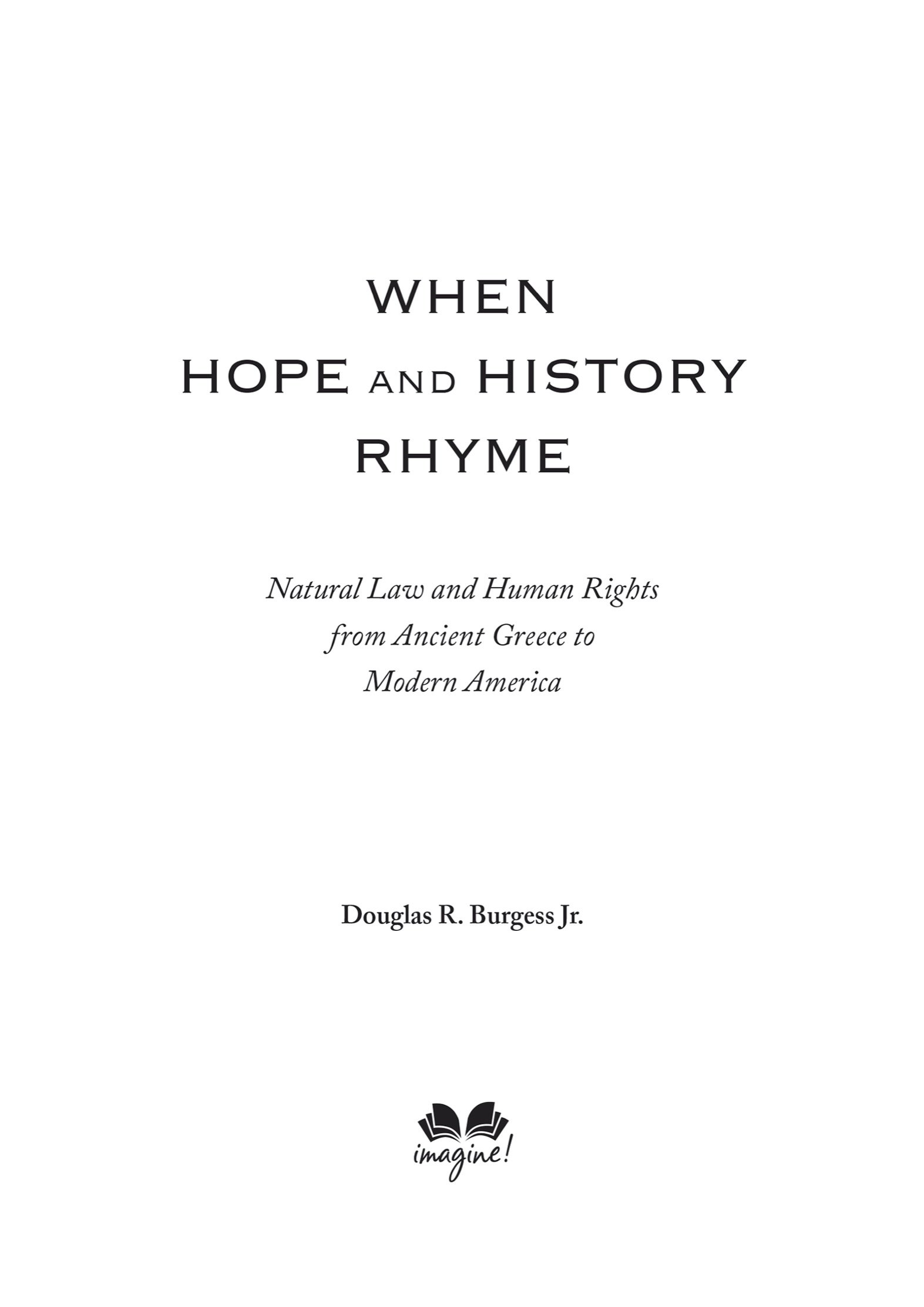Contents
Landmarks
Print Page List
Copyright 2022 by Douglas Burgess
All rights reserved, including the right of reproduction in whole or in part in any form. Charlesbridge and colophon are registered trademarks of Charlesbridge Publishing, Inc.
At the time of publication, all URLs printed in this book were accurate and active. Charlesbridge and the author are not responsible for the content or accessibility of any website.
An Imagine Book
Published by Charlesbridge
9 Galen Street
Watertown, MA 02472
(617) 926-0329
www.imaginebooks.net
Library of Congress Cataloging-in-Publication Data
Names: Burgess, Douglas R., Jr., author.
Title: When hope and history rhyme: natural law and human rights from ancient Greece to modern America / Douglas R. Burgess Jr.
Description: [Watertown, MA]: Charlesbridge Publishing, 2022. | Includes bibliographical references. | Summary: A study of how the struggle over natural law and human rights has transformed the relationship between state and citizen from antiquity to the present.Provided by publisher. Identifiers: LCCN 2021004959 (print) | LCCN 2021004960 (ebook) | ISBN 9781623545062 (hardcover) | ISBN 9781632892355 (ebook)
Subjects: LCSH: International law and human rightsHistory. | Natural lawHistory. | United StatesPolitics and government.
Classification: LCC KZ1266.B87 2022 (print) | LCC KZ1266 (ebook) | DDC 340/.11209dc23
LC record available at https://lccn.loc.gov/2021004959
LC ebook record available at https://lccn.loc.gov/2021004960
Ebook ISBN9781632892355
Production supervision by Jennifer Most Delaney
Cover design by Ronaldo Alves
Interior design by Connie Brown
a_prh_6.0_139378365_c1_r0
For my father, Douglas R. Burgess Sr., who taught me to honor the truth
History says, Dont hope
On this side of the grave,
But then, once in a lifetime
The longed-for tidal wave
Of justice can rise up
And hope and history rhyme.
Seamus Heaney
Where the mind is without fear and the head is held high;
Where knowledge is free;
Where the world has not been broken up into fragments by narrow domestic walls;
Where words come out from the depth of truth;
Where tireless striving stretches its arms towards perfection;
Where the clear stream of reason has not lost its way into the dreary desert sand of dead habit;
Where the mind is led forward by thee into ever-widening thought and action
Into that heaven of freedom, my Father, let my country awake.
Rabindranath Tagore
CONTENTS
I NTRODUCTION
In the Oval Office of the Obama White House was a carpet of the presidents own design. Inspirational quotations circled its perimeter, including one from Dr. Martin Luther King Jr.: The arc of the moral universe is long, but it bends towards justice. In January 2017, Donald Trump promptly had the carpet removed.
It was well he did. One can only imagine the golden letters enduring four years of neglect and debasement, pressed down by the heels of countless sycophants, quislings, criminals, and a few outright traitors. Yet the most indelible marks would have been left by the president himself. Historians will need decades to sort through the pile of Donald Trumps enormities, a heap so vast and varied that its commission in a mere four years beggars belief. What stands out most are the gravity-bending contradictions: deep cynicism coupled with infantile incompetence, amorality and extremism, xenophobia and a fondness for dictators, belligerence and an unquenchable thirst for praise. President Trump was a man who flirted with authoritarianism yet lacked the courage of even a Stalin or Pinochet to pull the trigger himself.
There is a pattern here. The Trump administration was marked by a wholesale retreat from all responsibility: personal and presidential, foreign and domestic. The federal government withdrew protections from its most vulnerable citizens and actively moved to disenfranchise many more. Its foreign policy amounted to a refutation of all international obligations. Having led the world in the promulgation of human rights for seventy-five years, the United States walked off the stage. The vacuum was quickly noticed. The governments of Russia, China, Turkey, and others acted swiftly to consolidate their power, moving against minority groups and political opponents that had long sought refuge from the United States. As a result, four years of strongman Trump weakened the United States and emboldened its enemies in exact proportion.
Not since the Second World War had the cause of human rights reached such a nadir. It therefore became the imperative and urgent task of the next administration to craft a new understanding of right and justice for the next century, with a commitment to the United States reengagement with the world. If nothing else, the four Trump years cogently demonstrated the folly of isolationism; however, there is also a danger of overcorrection. Neoconservatives hark back to the Cold War presidencies of Dwight Eisenhower and Ronald Reagan for inspiration, when America was a city on a hill shining its democratic beacon around the world. But after Trump, any attempt to blithely reassume the mantle of moral supremacy would be met with ridicule. The United States must earn its allies trust. This can only be done through good faith and commitment to a clearly articulated vision of the world we seek to create.
To some extent, the rebuilding has already begun. Joe Biden came to the presidency with as comprehensive an understanding of world affairs as any president in history, combined with a genuine commitment to human rights. This commitment, we may assume, springs in part from his Catholic upbringingwhich taught him the value of every living souland from the innate decency of the man himself. Through word and action, President Biden demonstrated his core belief that every person is deserving of equal rights under the law; he also believes that the United States must hold other nations to account for their abuses. In a New York Times interview prior to the election, he declared unwaveringly, When I am president, human rights will be at the core of US foreign policy.
While that task may be great, President Biden has advantagessome more apparent than others. Trumps appalling record on human rights had one unintended benefit. For the first time in decades, human rights are no longer viewed through the narrow prism of Western democratic values. The conversation has changed. Moreover, the language of rights is no longer exclusively the province of states or nongovernmental organizations (NGOs). The global pandemic of 201921 accelerated a process already well underway, as new alliances formed and transnational communities coalesced around shared values. Forced confinement produced a moment of pause and reckoning that led many to question assumptions they had long taken for granted. The result was an upsurge of social activism. In the United States, for example, the murder of George Floyd detonated a powder keg of suppressed rage against racial injustice, fueled by the presidents reactionary response. Hundreds of thousands took to the streets. Yet in the midst of a social and economic crisis greater than any in living memory, something new and extraordinary emerged. I cant believe Im gonna say this, activist and author Ta-Nehisi Coates declared in June 2020, but I see hope. I see progress.

